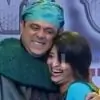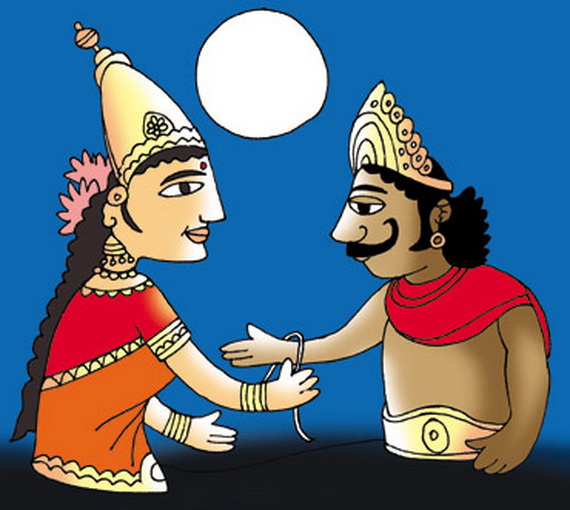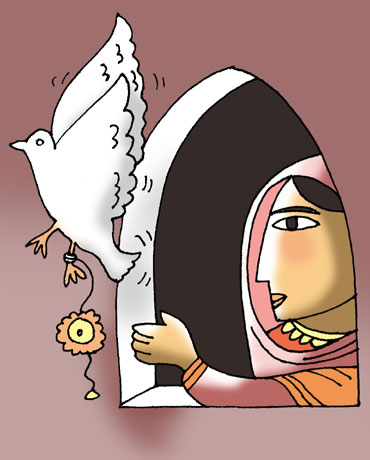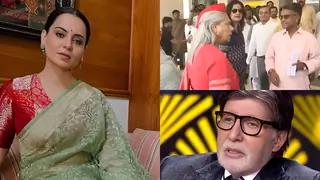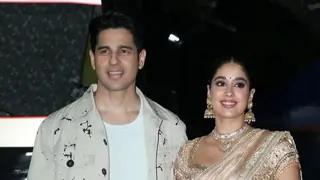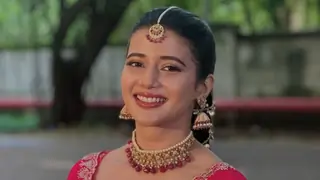Rakhi Celebration in India
In India, celebrations for Rakhi begin a month before the festival. Markets wear a festival look as colorful Rakhi stall mushroom in every nook and corner of the country. Brothers and sisters staying away from home start making plans for a visit to home. For them Raksha Bandhan is the time for family reunion.
On the day of Rakhi spirit of the people is high and there is a general atmosphere of harmony and bliss. All family members gather and carry out the traditional customs of the day with joy and enthusiasm. Later, everyone relishes the best of food and have a good time.
Auspicious day of Rakhi Purnima is celebrated all over India though under different names and with different set of rituals. In North India, the festival is popularly celebrated as Raksha Bandhan. On this day sisters tie a sacred thread of Rakhi on brother's wrist and pray for his long life. Brothers' bless their sister and present them gifts. Regional names of Rakhi in rest of India include Nariyal Purnima, Avani Avittam and Balev. Read on to know more about these.
Narial Poornima or Coconut Full Moon: The festival of Rakhi is also known as Narial Poornima or Coconut Full Moon. On Mumbai's famous beaches, coconuts are thrown into the sea to propitiate the Sea God, Varuna, who is the chief object of worship on this occasion.

Avani Avittam: Rakhi is called Avani Avittam in South India. This is the time of "upakarmam" and is celebrated in various ways all over South India. It falls on the full-moon day of the month of Shravan (August-September). Rakhi forms an important Hindu festival in South India.
Balev: Rakhi is also commonly known known Balev. This festival has special significance among Brahmins as it is the day on which Brahmins change their sacred thread. On Shravan Sud 15 when the moon is in the constellation of Shravan the Brahmins, while changing their sacred thread, rededicate themselves to study the vedas and pursue spiritual upliftment.
Edited by coolhi1988 - 8 years ago




